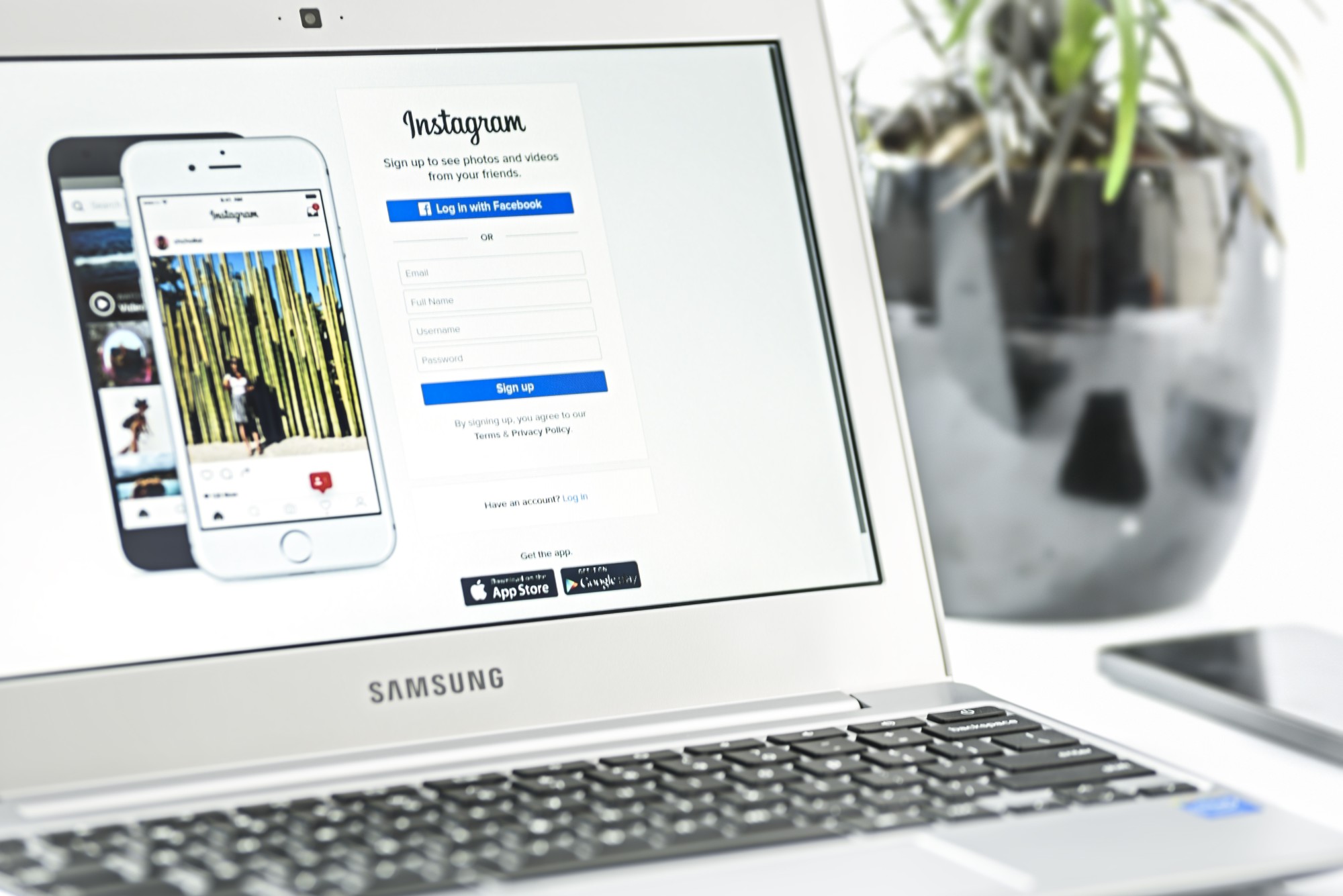Are you looking for a smart, portable device that can handle light computing needs? Do you need to access media, documents, and other kinds of files online frequently?
If so, then you probably already know that there are two specific devices that you should be looking at: Chromebooks and tablets. Both of these devices can be excellent for the purposes mentioned above, but there are differences between the two that make each one suited to a particular use case.
If you’re trying to figure out where to land in the Chromebook vs. tablet debate, then you’re in the right place. In this article, we’re going to take a look at the differences between a tablet vs. Chromebook so that you know which device is right for your needs.
Why You Should Buy a Chromebook
Before we discuss why you should buy a Chromebook instead of a tablet, let’s first make sure we’re on the same page regarding the answer to the question of what a Chromebook is.
Think of a Chromebook as an ultra-lightweight laptop, both in terms of physical size as well as functionality. The Chromebook is a laptop that focuses on being extremely portable and will have limited operational capacities. The applications you run on a Chromebook will generally be hard-coded into the device, and installing third-party/external applications may not be an option.
This makes it a poor device for many kinds of business/work use cases, but an excellent choice if you’re a student or if your particular work doesn’t require functions beyond basic word processing and things like that.
If you want the flexibility of a laptop with a nice keyboard and all of that built into the device, then a Chromebook, like the SmartBook, will likely be the right option for you. The Chromebook cost is also often cheaper than that of a tablet.
Why You Should Buy a Tablet
A tablet is very similar to a Chromebook. To start with, it will have lightweight access to applications and will generally need to be connected to the Wifi for you to accomplish most of your word processing/business function needs.
However, a tablet is more portable than a Chromebook and will typically have an even longer-lasting battery. If both those things are important to you, then consider looking in a tablet’s direction.
The downside to a tablet is that you’ll need to buy an accompanying keyboard. That is, if you want to make typing easy for yourself. Otherwise, you’ll be stuck using an on-screen keyboard. That is not conducive to high typing speeds.
The Chromebook vs. Tablet Debate, Settled
There you have it. Now that you have a better idea of what a Chromebook is good for and what a tablet is good for, you should now be able to decide the Chromebook vs. tablet debate for yourself and your particular use case.
Whatever device you choose, rest assured that it will make your life easier! For more technology advice, be sure to check out the rest of the articles on the website!

